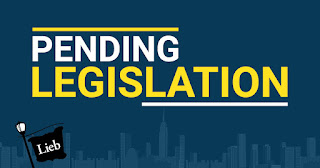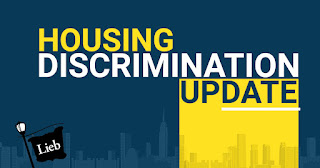This means that tenants may still be protected, subject to certain rules, until October 3, 2021.
As background, the CDC’s previous moratorium, which was first enacted in September 2020 and was challenged all the way up the US Supreme Court, expired on July 31, 2021.
Yet, before it expired the Supreme Court upheld its effectiveness until an appeal was decided on its merits, which remains pending. Now, the moratorium, which we discuss more fully here, remains in effect because Judge Friedrich ruled that it remains subject to the prior stay. on the basis that the New CDC Moratorium is subject to the D.C. Circuit Court’s stay.
Stay tuned for changes as Judge Friedrich’s decision is currently under appeal.

















